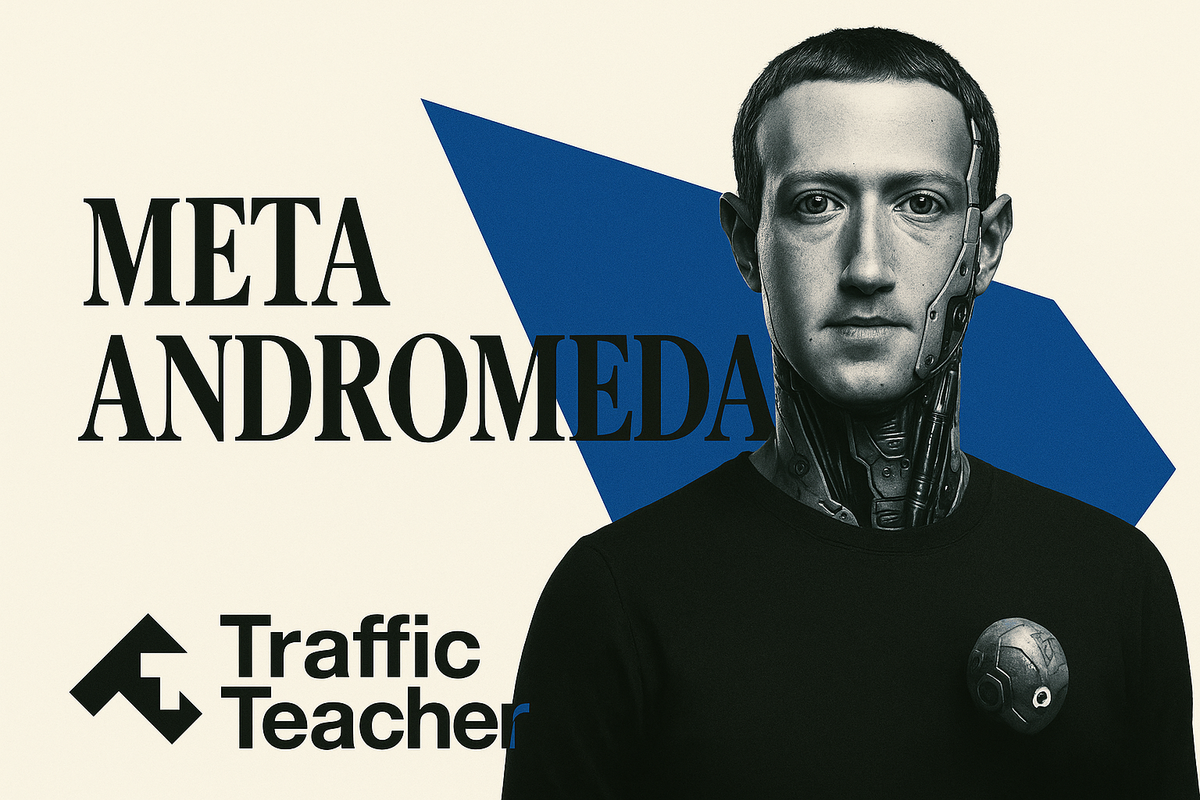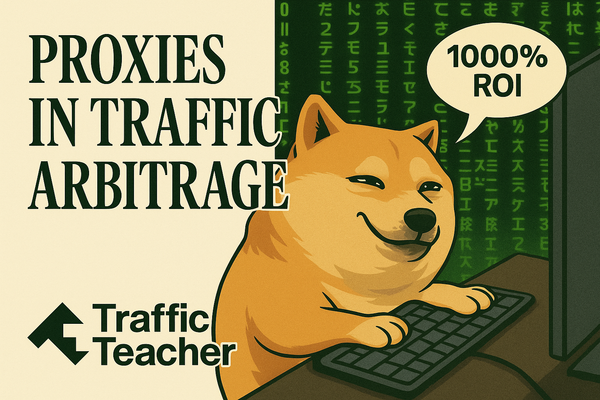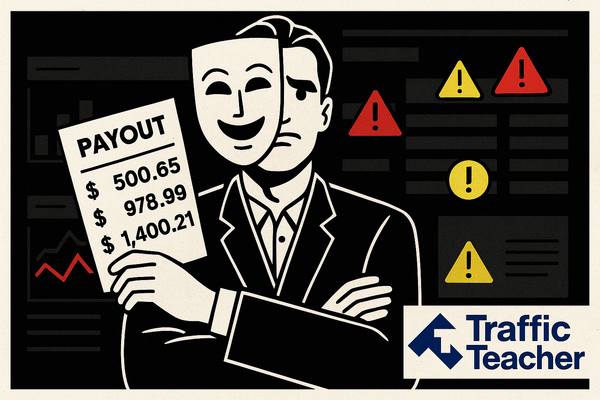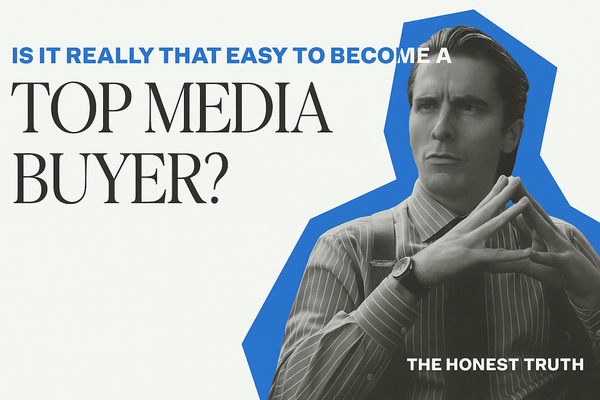Meta Andromeda — How Facebook’s New Ad Engine Changes the Game for Media Buyers

Meta’s Andromeda update rewires Facebook Ads. Learn how the new engine filters creatives, why broad targeting wins, and how to adapt your campaigns for 2025 performance.
🛰 Meta Andromeda — The Facebook Ads Update That Changes Everything
Meta quietly rolled out a new engine called Andromeda, and it’s already shaking up how Facebook decides which ads deserve to be shown.
If you’re still relying on micro-targeting and 2023 campaign setups, this update is going to hurt.
🔍 What Is Andromeda Really?
Andromeda is Meta’s new retrieval system — the gatekeeper that filters millions of ads before they even reach the auction.
It studies user behavior in real time: scroll speed, interaction type, dwell time, emotional context — not just CTR or interests.
Translation: if your ad doesn’t pass Andromeda’s shortlist, it never even enters the competition.
So your focus as a buyer shifts from “tweaking targeting” → to feeding the system smarter creative signals.
⚙️ How It Changes the Game for Media Buyers
1. Variety Wins, Not Volume
Ten versions of one idea won’t cut it anymore. You need ten different ideas.
Example (weight-loss vertical):
- Direct promise: “Lose 10 kg in 30 days”
- Problem angle: “Why diets fail”
- Authority angle: “Celebrity weight-loss secret”
- Ease angle: “No gym, no diets”
- Curiosity hook: “Doctors are shocked by this method”
Different ideas hit different personalities — that’s how you stay visible in Andromeda’s pool.
2. Broad Targeting Beats Micro Segments
Forget juggling dozens of ad sets. The creative itself now decides who to reach.
Run broad, clean structures — Andromeda will match the right users through behavioural data, not interest tags.
3. Simplify Everything
Old way: 10 campaigns, 50 ad sets, endless overlaps.
New way:
- 1 campaign per offer
- 1–2 broad ad sets
- 10–15 distinct concepts
- Multiple formats per concept (video, static, carousel)
Less noise → faster learning → cheaper conversions.
4. Advantage+ = Native Mode for Andromeda
Advantage+ campaigns are built to let Andromeda run at full capacity.
Manual still works for narrow or risky GEOs, but if you’re in nutra, finance, betting, crypto — you’re leaving money on the table not testing it.
5. The “6-Ad” Rule Is Dead
Meta removed that limit for a reason.
Running 20–30 creatives per ad set is fair game now.
Just remember: diversity over duplication.
🧩 Your Adaptation Plan
Week 1–2 → Audit
Check what’s working. Note which pains and emotions drive your best creatives.
Week 3–4 → Rebuild
Create 10–15 new concepts, each with 2–3 formats.
Keep targeting broad.
Spend ≤ 20 % of total budget testing.
Let campaigns run at least 7 days before judging.
Week 5–6 → Compare & Scale
Move winning concepts into a scaling campaign (Advantage+ or broad).
Keep feeding new ideas weekly — concepts, not color tweaks.
⚠️ Manage Expectations
Andromeda isn’t a magic switch.
Bad offer? Weak funnel? Boring creative? You’ll still lose money.
The system can find buyers — it can’t make them care.
And no, moderation rules haven’t vanished.
📊 What “Good” Looks Like
✅ CTR rising while CPM stable
✅ Conversion rate improving
✅ Multiple creatives rotating evenly
🚫 CPM up, conversions flat → rethink angles
🚫 Only 1–2 creatives getting spend → add variety
🚫 Frequency > 4 → fatigue, time to refresh
🧠 When Manual Still Matters
Stick partly manual if:
- You’re in tiny niches or local GEOs
- You sell seasonal or high-ticket items
- You rely on niche compliance or gray methods
Hybrid setups (manual + Andromeda-style broad) often work best here.
📅 4-Week Action Checklist
| Week | Task | Focus |
|---|---|---|
| 1 | Audit existing campaigns | Identify emotional triggers |
| 2 | Build new creatives | 10–15 unique angles × 3 formats |
| 3 | Launch test | Broad targeting, ≤ 20 % budget |
| 4 | Analyze & scale | Keep what climbs, kill what drags |
🔑 Final Take
Facebook has become a creative-first machine.
Targeting and structure matter less — idea quality and signal diversity matter more.
Those who adapt fast will scale smoother, spend less per lead, and dominate unstable GEOs while everyone else argues with spreadsheets.


